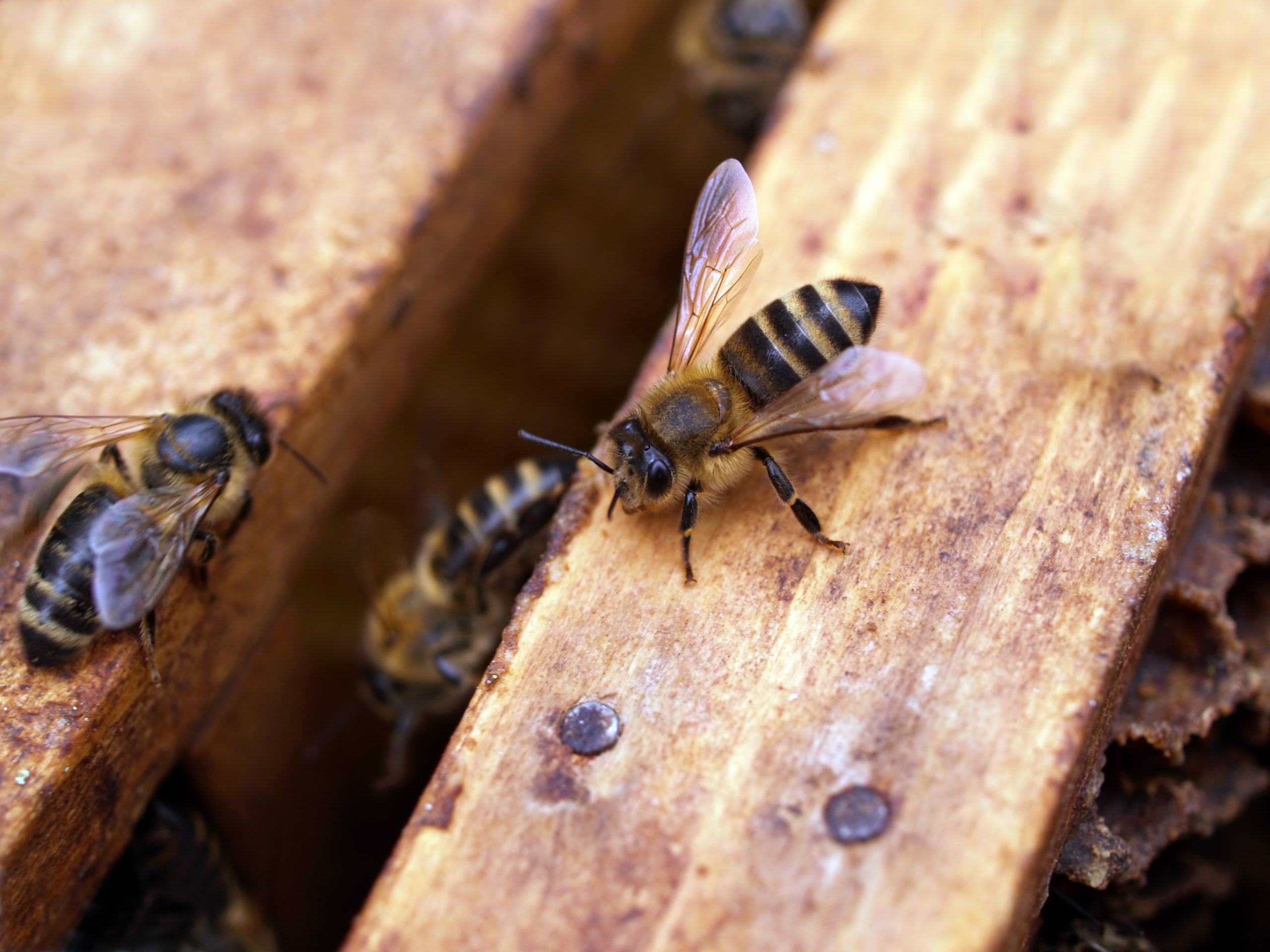Traditionally, biologists have viewed the vast range of behaviours seen in social insects such as bees as pre-programmed responses developed over generations of bees in response to external factors.
However, two separate studies involving honey bees and bumblebees appear to demonstrate that bees learn these behaviours from their peers.
Published in journal PLoS Biology, the first paper demonstrated evidence of bumblebees could learn to solve simple puzzles after observing the strategies of their more experienced peers.
The second study, conducted by researchers from the Chinese Academy of Sciences and published in Science, involved the comparison of two separate honeybee colonies in order to observe the differences in the bees’ signature “waggle dance.”
Honey bees use a complex form of spatial communication that informs nestmates of the direction, distance and quality of a resource, which is known more simply as the waggle dance.
In the study, the researchers created a honey bee colony composed of only young bees.
The colony had access to a stable food source and comfortable temperatures but lacked the presence of older and more experienced bees among the hive.
This young bee colony was compared against a natural bee colony, and each bee was observed when leaving and returning to the nest.
The bees’ waggle dances were recorded and the duration, angle, swing times and other aspects of the display were analysed.
Ultimately, the results showed that the experimental colony of young bees were far less effective in communicating through the dance and that information such as food location, distance, and quality was effectively lost in translation.
The natural bee colony showed no such defects.
As such, the research concluded that young honeybees learn these behaviours from older bees, a strong indicator that bees engage in what we know as social learning .
The two studies, taken together, add to the growing body of evidence that bees and social insects have what we would describe as “culture.”
The latter study can be read online in Science.






